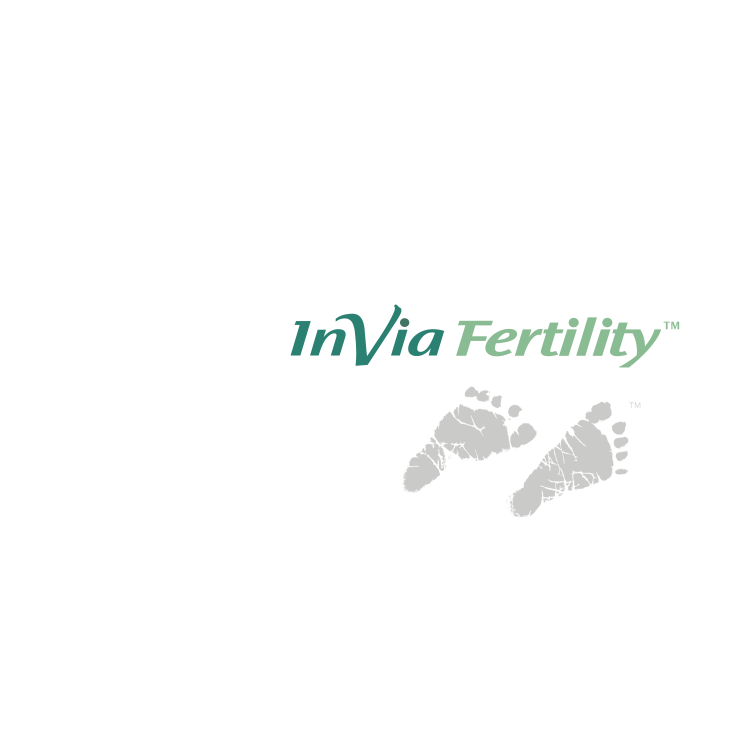We are experiencing a very high volume of calls and messages and ask for your patience. We will answer your portal messages within 48 hours.
We are experiencing a very high volume of calls and messages and ask for your patience. We will answer your portal messages within 48 hours.

We have all heard that phrase “what are you waiting for? The clock is ticking!” in regards to our fertility. While most of us are “waiting to be a bit more educated, wiser, more stable, financially secure, and/or to find “Mr. Right”’, the fact is that our ovaries are running out of eggs. Literally. Unlike men who continually produce sperm throughout their lifetime, women are born with all the eggs they are ever going to have and they don’t make any new eggs during their lifetime. At birth, there are approximately 2 million potential eggs in the ovaries, but by the time puberty is reached, there will only be roughly 300, 000 eggs remaining. Of those 300,000, only about 300 eggs will actually ever mature and be released over the course of her reproductive years. To add injury to insult, the quality of these eggs decline with each passing year, so that by 40 years of age, the chances of pregnancy have dramatically declined.
Researchers from Harvard at Massachusetts General Hospital, however, have begun looking at ways to try to beat Mother Nature. Jonathan Tilly, a reproductive biologist, and his team of researchers have begun looking at a potentially new way to increase a woman’s fertility by culturing very rare stem cells that are present in the ovaries. These stem cells, if isolated and cultured in the lab, are capable of producing new eggs, literally ‘stopping’ the biological clock.
This new technology would allow women to freeze a sample of their ovarian tissue, which contains these rare stem cells, for later use. This could allow for a quicker and less invasive procedure than the current protocol of freezing a woman’s oocytes. Also, because there is less water present in the ovarian tissue than in the oocyte, there is a lesser chance of damage during the freezing and thawing process.
While this research is at a very early stage, and there is much debate about the existence of these ovarian stem cells, it does give hope that one day women will no longer have to worry about the dwindling away of their reproductive assets.
Infertility Infertility treatment Conception fertility preservation Embryology

Entire Website © 2003 - 2020
Karande and Associates d/b/a InVia
Fertility Specialists
